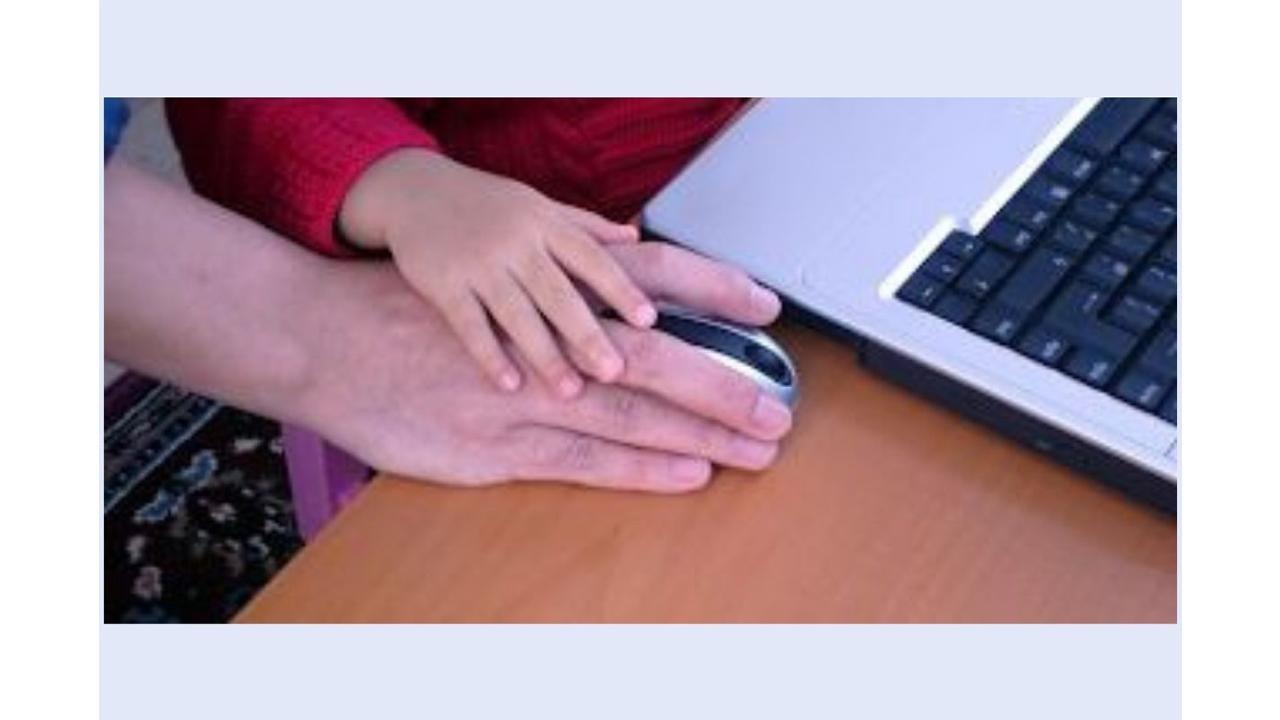New generations now, post-Millennial and post-GenZ particularly (although including younger GenZs), are statistically the ones that push internet usage penetration

Representational Image
It is a fact that protecting children from potential online incidents is critical. The internet is a scary and dangerous place if you and your family are unprepared, and this especially goes for the innocent, naive members of our society, the young ones. New generations now, post-Millennial and post-GenZ particularly (although including younger GenZs), are statistically the ones that push internet usage penetration. The focus is more on the Alpha generation born in the early 2010s and later. Naturally, growing up around modern devices has glued newer generations to various devices, and using the internet is a default state for them. Newer generations are, therefore, statistically more adept at using technology at a given age than the previous generation, naturally.
ADVERTISEMENT
To illustrate this point, statistics concerning U.S. internet usage penetration by age group in 2021 have shown that 99% of ‘adults’ between 18 to 29 years use the internet. This figure, for even younger generations, is practically 100%. For example, over 20% of k-2 kids, according to research, have access to smartphones.
The need to protect unaware children and younger generations from the dangers of the internet is due to the presence of everything from cybercrime to real-world dangers such as predators. There is, of course, a much more extensive list of dangers that those children may face online (on social media or via messaging apps, chatrooms, and blogs) such as;
- Malicious messages or emails containing inappropriate content
- Harassment
- Predators looking for victims
- Cyberbullying
- Hackers
- Social engineering scams
- Extortion
Several organisations are now pushing awareness about child safety online, one of them being the Federal Trade Commission or FTC. For instance, the Children’s Online Privacy Protection Act (COPPA) is also one of the all-encompassing regulatory attempts at improving this situation. There are also others, such as programs instituted by the U.S. Department of Justice, UNICEF, and other organizations and nonprofits.
How to Protect Children Online
The FTC, for instance, recommends that talking to kids, raising their awareness, and putting in strict parental controls and varying permissions will help reduce online incidents and increase kids’ computer safety. Since younger generations are constantly; vlogging, blogging, texting (even sexting), socializing, and gaming online -there is a wide array of things that can go wrong. The worst of these is that kids can go missing or be sexually exploited. Now, let’s take at a comprehensive list that will help with protecting kids online;
- Parents must set ground rules about which web pages to visit
- Installing monitoring software on a child’s device
- Reporting any cyber harassment, enticement, or potential exploitation attempts
- Teaching children how to spot potential dangers
- Teaching children which apps, programs, or websites to visit and bar others
Children will be more and more exposed to the internet as time passes, naturally. Even children below six years of age today have access to YouTube, for example, and things like DS. YouTube itself is a vast portal that, if left unchecked, can be dangerous both for real-world reasons and the child’s development. Finally, here are some examples for particular age groups;
- 8 or below: careful supervision of what kids are doing online
- Ages 8-10: Kids will start experimenting at this age, called the wannabe ‘hacker’ age
- Ages 11-12: Coming into teenagehood, social media slowly comes into the picture
- Ages 13-16: Teens are now tech-literate, which brings cyberbullying and other issues
As far as parenting is concerned, sticking to the tips in the above sections is the number one priority. Secondly, some technical aspects of cybersecurity need to be addressed as well. Namely, applying firewalls to kids’ computers, Virtual Private Networks or VPNs, and strong password protection will nudge the safety level up to a satisfactory level. The number one concern for kids’ safety online isn’t hackers but anonymous individuals or malicious actors on the other side of the app, service, or website the young are interacting with.
 Subscribe today by clicking the link and stay updated with the latest news!" Click here!
Subscribe today by clicking the link and stay updated with the latest news!" Click here!







